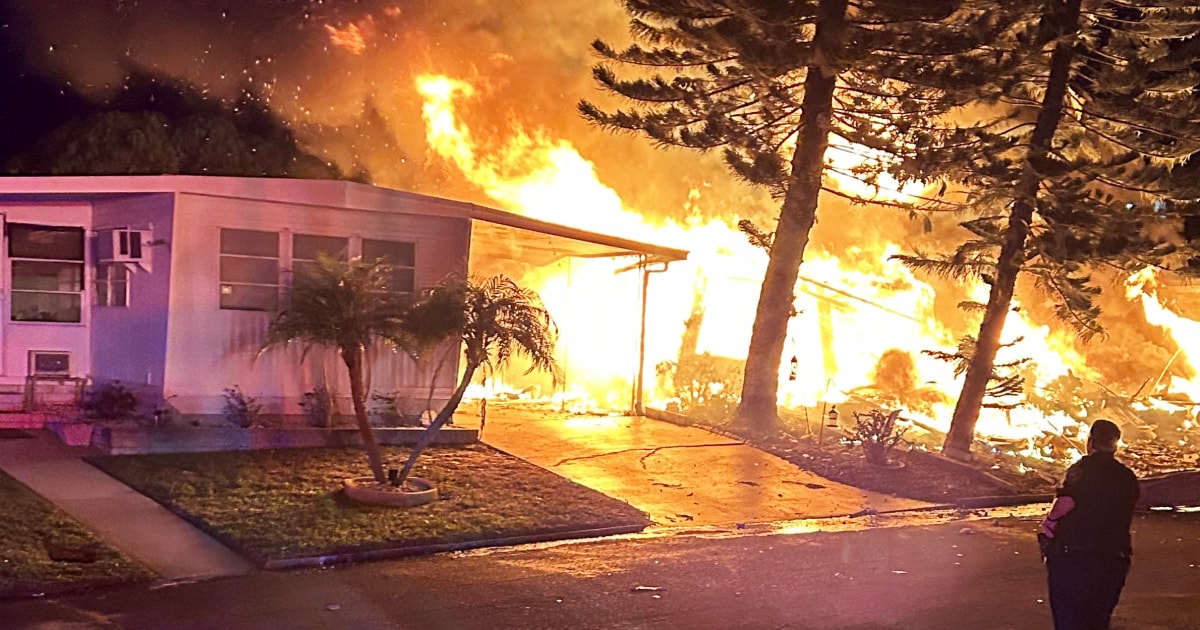You are using an out of date browser. It may not display this or other websites correctly.
You should upgrade or use an alternative browser.
You should upgrade or use an alternative browser.
Diving beyond cert?
- Thread starter Wheeler925
- Start date
Please register or login
Welcome to ScubaBoard, the world's largest scuba diving community. Registration is not required to read the forums, but we encourage you to join. Joining has its benefits and enables you to participate in the discussions.
Benefits of registering include
- Ability to post and comment on topics and discussions.
- A Free photo gallery to share your dive photos with the world.
- You can make this box go away
admikar
Contributor
Correct me if I'm wrong, you are 24 years old , somewhat freshly minted instructor?Allow me to disagree with you.
According to a 2015 report: 86% of fatalities occurred while alone ( diving solo or separated from a partner). So I can assume that in the case of separation with a partner it was due to poor training - however I realize that sometimes things have a very unfortunate course despite perfect training. But at the same time, according to DAN: 57% of people who started diving with a partner were separated at the time of death.
And while I don't know the meanderings of U.S. law and what is allowed and not allowed without a license, the evidence shows that you are wrong here as well. A quick search shows that there have been a lot of accidents involving small aircraft, where the victims were not only the pilot or passengers, but also people on the ground.
For example:

3 killed after small plane crashes into Florida mobile home park, FAA says
Multiple mobile homes caught fire after the single-engine plane, whose pilot had reported engine failure, crashed in Clearwater, officials said.www.nbcnews.com
That's why I can't agree with you that diving without good training is solely a matter of who is doing it.
If that is true, what I have gathered from other threads here that you responded to, you believe that instructor rating gives you some divine ability with all things diving?
To keep it short, you're wrong. I can elaborate on this if needed.
Pedroo
Registered
Divers being separated from their buddy are not solo divers.
In the same way as the aircraft in your accident report isn't one that can be flown without a license.
Read the quote from the report again - solo and left alone divers were included in this statistic, as it was about the condition at the time of the accident - that they were alone.
It was neither "my" accident nor "my" report.... But if a plane with a licensed pilot kills bystanders what should I think of an unlicensed pilot?
And in general, I do not understand your aggressive tone. You want to dive without a license then dive, what do I care?
Pedroo
Registered
Oh that's very nice of you but no.... I unfortunately have more years on my back as well as in the diving industry. But I will gladly immerse myself in your factual and supported by evidence or reports discussion on this subject.Correct me if I'm wrong, you are 24 years old , somewhat freshly minted instructor?
If that is true, what I have gathered from other threads here that you responded to, you believe that instructor rating gives you some divine ability with all things diving?
To keep it short, you're wrong. I can elaborate on this if needed.
admikar
Contributor
I am part of a dive club that has around 80 active members, operating under CMAS.Oh that's very nice of you but no.... I unfortunately have more years on my back as well as in the diving industry. But I will gladly immerse myself in your factual and supported by evidence or reports discussion on this subject.
When I was new diver, I was taken to 30 meters on my 5th dive, by a diving instructor that examined my abilities during 4 previous dives as OW component of OW course. He found me capable of doing that dive. I did not know it at the time, but he deducted we both had more than enough gas reserves to get both of us safely to the surface in case we had any mishap, regardless of which diver had a mishap. Which later training showed me that he was correct.
Going for my R2 rating (AOW + some in PADI environment) I was closely examined and found capable of finishing it. Which involved drysuit, night, drift, deep, finding your exit point 500 meters away solely referencing compass (no visual references to the bottom). None of which we receive separate certs. That's just the way it works here.
After that course, I was diving with some highly experienced buddies, some of them being instructors themselves, going to 40 meters and even into some light deco (after "off the books" training in what is involved and how to do it). Result of it being I had a really easy time finishing my R3 cert+ AN/DP cert.
I and other experienced divers in our club will take someone beyond cert level if we found that diver to be capable of doing that dive. Yet, those less experienced divers ain't dying like flies doing those dives.
I am ready to bet that divers that we produce are more capable divers to do whatever cert is allowing them to do than those that are doing those same dives just because cert is allowing them to do it. Because they receive training to do those dives, not to pass certification.
You are supporting your position by reports of mishaps, but I would like you to show us reports of how many beyond certification dives are finished without any mishap. You can't, simply because those dives aren't reported, almost no one reports no mishap events.
That does not mean your position is the only one correct here just because you have a report to fall back to..
Read the quote from the report again - solo and left alone divers were included in this statistic, as it was about the condition at the time of the accident - that they were alone.
It was neither "my" accident nor "my" report.... But if a plane with a licensed pilot kills bystanders what should I think of an unlicensed pilot?
And in general, I do not understand your aggressive tone. You want to dive without a license then dive, what do I care?
If you can't be bothered to educate yourself then I won't do it for you.
8mb
Registered
- Messages
- 59
- Reaction score
- 93
- # of dives
- 0 - 24
How hard I laughedNope. If the dive OP is cool about it, go for it.
I went to 80' with current in one spot, a week after cert.
Scuba police are going to get us.
Please name these countries then. I do not know of any that it is forbidden by law.
Quebec.
Quebec, the practice of recreational scuba diving is governed by the Regulation respecting recreational scuba diving qualifications authorized by the Act respecting safety in sports (R.S.Q., c. S-3.1, c. V.2).
Under the Act (c. V.2, ss. 46.17 and 46.18), a person who practices recreational underwater diving other than during a qualification course or examination, or who teaches, must hold a certificate attesting to the level of qualification that he has acquired in the field of underwater diving or teaching diving.
The Regulation respecting qualification in recreational underwater diving (L.R.Q., c. S-3.1, r. 8) specifies the conditions under which the holder of a certificate of qualification may dive or teach according to his level of qualification. The qualification levels are diver – class A, B, C and D and instructor – class A, B and C. The level of diver – class D allows to exercise certain functions of assistance to the instructor. For details of the levels and their requirements, see the Regulation.
For tourists or people certified outside Quebec, a temporary equivalence certificate can be issued under certain conditions.
Politique concernant la commission d’accréditation et les mandataires - Québec Subaquatique
1. DÉFINITIONS Dans la présente politique, à moins que le contexte n’indique un sens différent, on entend par : 1.1 « Commission d'accréditation » Désigne la commission créée sous ce nom par la Fédération. Elle est formée de moniteurs expérimentés en plongée subaquatique et a notamment pour...
Blackcrusader
Contributor
Quebec is a country? So one province of one country. I do not see anything in there about diving beyond certification.Quebec.

Politique concernant la commission d’accréditation et les mandataires - Québec Subaquatique
1. DÉFINITIONS Dans la présente politique, à moins que le contexte n’indique un sens différent, on entend par : 1.1 « Commission d'accréditation » Désigne la commission créée sous ce nom par la Fédération. Elle est formée de moniteurs expérimentés en plongée subaquatique et a notamment pour...quebecsubaquatique.ca
Blackcrusader
Contributor
Do you know how to calculate the gas needed to get yourself & buddy to the surface?
Can you tell me what PADI OW or AOW has been trained calculating gas management?
Similar threads
- Replies
- 22
- Views
- 2,004
- Replies
- 38
- Views
- 3,994
- Replies
- 27
- Views
- 2,401



